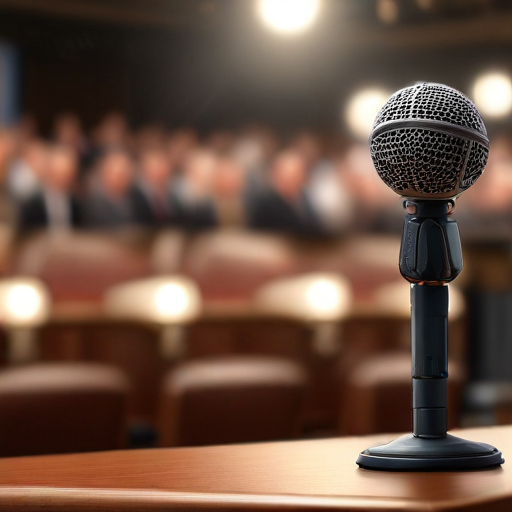A recent bipartisan task force hearing, part of the investigation into assassination attempts on President-elect Donald Trump, erupted into a heated exchange between Republican Rep. Pat Fallon and acting Secret Service Director Ronald Rowe. The confrontation centered around Rowe’s attendance at a 9/11 memorial event alongside prominent leaders, including Trump, President Biden, and Vice President Kamala Harris, prompting allegations of politicization.
During the session, Fallon raised concerns about Rowe’s proximity to the presidential party at the memorial, suggesting that he was neglecting his responsibilities by not being as close to the president as protocol typically requires. Rowe defended his presence, clarifying that he attended to honor fallen Secret Service members and emphasized that he was committed to maintaining the integrity of security protocols.
Tensions escalated when Fallon challenged Rowe, accusing him of endangering the lives of the president and vice president. Rowe rebuffed the accusations, insisting that his attendance did not compromise protective operations, and firmly responded to Fallon’s criticisms, insisting that 9/11 should not be used for political posturing.
The hearing, which followed the resignation of Rowe’s predecessor, Kimberly Cheatle, centered on security lapses that led to a shooting during a rally where Trump was present. Rowe acknowledged the shortcomings of the Secret Service on that day and the obligations to protect the lives entrusted to them.
This event highlights the intense political atmosphere surrounding security matters related to presidential candidates, as well as the evolving challenges faced by protective services in a highly charged political environment. Despite the contentious exchange, it’s vital to focus on the importance of secure measures that safeguard public officials and the accountability necessary for fostering trust in federal security agencies.
In summary, the hearing not only unveiled the urgent need for security reforms within the Secret Service but also served as a reminder of the broader implications of political discourse during sensitive moments in American history. Moving forward, it is hoped that such hearings will lead to constructive dialogue focused on strengthening the safety and integrity of the nation’s leaders.
